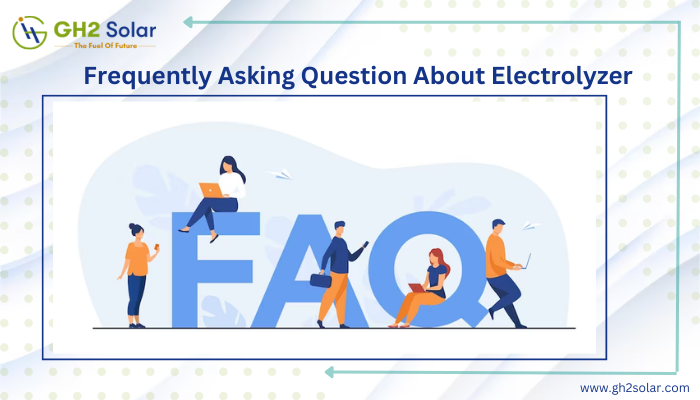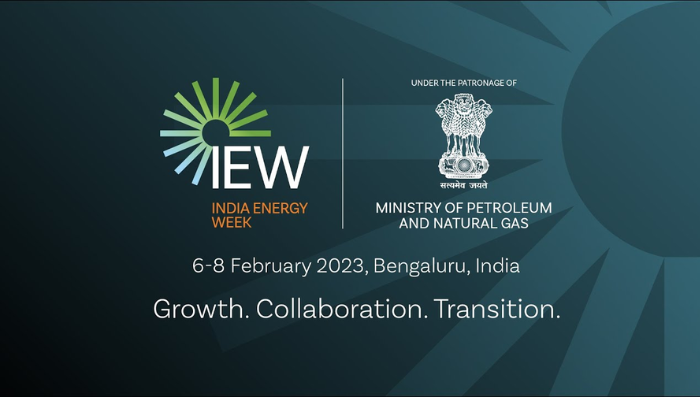Welcome to the second part of our FAQ blog series on electrolyzers! In the first part, we covered the basics of electrolyzers, including challenges of electrolyzers, key components of an electrolyzer, etc.
In this part, we will be diving deeper into some of the more technical and practical aspects of electrolyzers, as well as answering some of the most common questions that arise when working with electrolyzers.
We’ll be covering topics such as:
The most common type of electrolyser
How much water is consumed for electrolyser?
What is the load range of electrolyser?
How long does an electrolyser last?
How much hydrogen can an electrolyser produce?
What is the most common type of electrolyser?
The most common type of electrolyzer is the Proton Exchange Membrane (PEM) electrolyzer. This type of electrolyzer uses a solid polymer electrolyte membrane to conduct protons, which enables the separation of hydrogen and oxygen from the water through the application of an electrical current. PEM electrolyzers are favored due to their high efficiency, low operating temperature, and fast response time, which makes them suitable for a wide range of applications, including renewable energy storage, fuel cell vehicles, and industrial processes.
How much water is consumed for electrolyser?
The amount of water consumed by an electrolyzer depends on the type and capacity of the electrolyzer, as well as the operating conditions. Generally, electrolyzers consume water in a process called electrolysis, where an electric current is passed through water to split it into its constituent parts: hydrogen and oxygen.
For every one mole of hydrogen produced, a one-half mole of oxygen and one mole of water are consumed. Therefore, the amount of water consumed by an electrolyzer can be calculated based on the amount of hydrogen produced. For example, if an electrolyzer produces 1 kg of hydrogen, it would consume approximately 9 kg of water (assuming a conversion efficiency of 80%).
It’s important to note that the water used in electrolysis is not lost, as it can be recycled and used again in the process. Additionally, advances in electrolyzer technology are leading to more efficient water use, reducing the amount of water required for hydrogen production.
What is the load range of electrolyser?
The load range of an electrolyzer refers to the range of electrical power input it can handle while still operating efficiently and safely. The load range of an electrolyzer depends on its capacity and design, as well as the characteristics of the power source used to drive it.
In general, most commercial-scale electrolyzers have a load range of between 50% and 100% of their rated capacity. For example, a 1 MW electrolyzer may have a load range of 500 kW to 1 MW, depending on its design and the characteristics of the power source.
It’s important to note that operating an electrolyzer outside of its load range can have negative effects on its performance and efficiency, and may also pose safety risks. Therefore, it’s important to carefully consider the load range of an electrolyzer when selecting it for a particular application and to ensure that the power source used to drive it is compatible with its load range.
Read Also: FAQs About Electrolyzers: Part-1
How long does an electrolyser last?
The lifespan of an electrolyzer depends on several factors, including its design, construction, operating conditions, and maintenance practices. Generally, electrolyzers are expected to have a useful life of several years to several decades, depending on these factors.
Some factors that can affect the lifespan of an electrolyzer include:
- Electrolyzer design and materials: The materials used to construct the electrolyzer and the design of the components can affect the longevity of the device. High-quality materials and robust design can lead to longer lifespans.
- Operating conditions: The operating conditions of the electrolyzer, including temperature, pressure, and flow rate, can affect its performance and longevity. It’s important to ensure that the electrolyzer is operated within its specified range of conditions.
- Maintenance practices: Regular maintenance and cleaning of the electrolyzer can help to prevent corrosion, fouling, and other issues that can affect its performance and longevity.
In general, a well-designed and maintained electrolyzer can be expected to last for several years to several decades. However, it’s important to monitor its performance and condition regularly and to address any issues promptly to ensure the longest possible lifespan.
How much hydrogen can an electrolyser produce?
The amount of hydrogen that an electrolyzer can produce depends on several factors, including its design, capacity, operating conditions, and the quality of the feedstock water. The theoretical maximum amount of hydrogen that can be produced by an electrolyzer can be calculated based on Faraday’s law, which states that the amount of hydrogen produced is proportional to the amount of electrical charge passed through the electrolyte.
In practice, the actual amount of hydrogen that an electrolyzer can produce is usually lower than the theoretical maximum due to losses caused by factors such as electrical resistance, back pressure, and impurities in the feedstock water.
Commercially available electrolyzers range in size from small-scale laboratory devices that can produce a few milliliters of hydrogen per hour to large industrial-scale units that can produce hundreds or even thousands of kilograms of hydrogen per day.
As an example, a typical 1 MW electrolyzer can produce around 200-300 kg of hydrogen per day, depending on its efficiency and operating conditions. However, the actual amount of hydrogen produced by an electrolyzer will depend on a variety of factors and should be determined based on the specific electrolyzer and operating conditions in question.
We At GH2 Solar
GH2 Solar is a technology-oriented company that has vast experience in executing oil and refineries solar rooftop & large-scale utility projects across India. Being already experienced in the renewable sector, now we are working on the development of “Green Hydrogen” & HAAS (Hydrogen as a Service). If you are planning to adopt Green Hydrogen, you can connect with GH2 Solar to get all information about the same.
For more information, please give us a call at 1800-102-8685
For more update, follow us on linkedin








